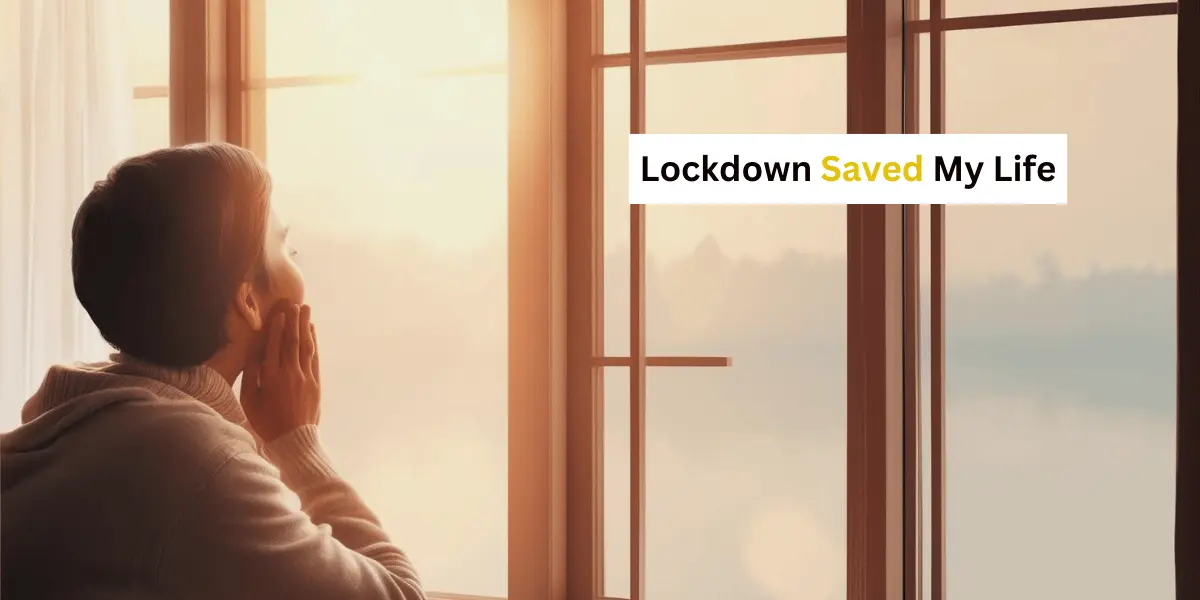- Home
- Mind Health
- Lockdown Saved My Life: A Woma ...

According to BBC Cymru Fyw, Alys-Mai, a 22-year-old from Ammanford, Carmarthenshire, has been living with OCD (Obsessive Compulsive Disorder) since she was 17. However, she believes her symptoms started even earlier, at the age of 14.
She describes struggling with obsessive thoughts and compulsions, making everyday life difficult. Surprisingly, the Covid-19 lockdown had a positive impact on her mental health.
Lockdown Saved My Life
“Lockdown saved my life,” says Alys-Mai, just a 22-year-old girl won battle with OCD. The isolation gave her control over her environment, easing her anxiety and compulsions.
Why Lockdown Was a Relief for Alys-Mai
Alys-Mai explained that during lockdown:
- She had complete control over her environment
- She didn’t have to interact with people outside
- She could stay in her room, which reduced her anxiety
She said that lockdown helped her cope because everything was under control, and she didn’t have to face external stressors.
Understanding OCD: More Than Just Cleaning
OCD is often misunderstood as just a need for cleanliness, but it is much more than that.
Key Facts About OCD:
It is a mental health condition involving obsessive thoughts and compulsive behaviors.
It affects 1-2% of the UK population, according to the charity OCD Action.
Symptoms can begin as early as six years old but usually start around puberty or early adulthood.
OCD can be highly distressing and interfere with daily life, but treatment can help manage symptoms.
Alys-Mai describes her struggle with OCD as an invisible battle with her brain. She constantly heard intrusive thoughts urging her to perform compulsions to prevent bad outcomes. If she didn’t complete these compulsions, her day would feel ruined.
Raising Awareness Through Art
Another woman from Carmarthen, Martha Ifan, also lives with OCD and has written a play called 12 to spread awareness.
Why Martha Wrote the Play:
She wanted to challenge the misconceptions about OCD.
She aimed to provide an honest and accurate representation of the condition.
She wrote 12 for the Urdd Eisteddfod competition and later expanded it into a full-length performance.
Martha explained that OCD is often misunderstood, and she wanted to create an accurate representation of what it’s like to live with it.
Breaking the Stigma Around OCD
Both Alys-Mai and Martha stress the importance of discussing OCD to help people understand its impact.
Martha hopes her play will:
Help break the stigma surrounding OCD
Encourage open conversations about mental health
Educate people on the complexities of OCD beyond common stereotypes
She believes that starting a conversation about mental health is crucial to improving understanding and support for those affected.
Conclusion: Spreading Awareness & Understanding
OCD is a serious condition that affects many people, yet it remains widely misunderstood. Alys-Mai’s story highlights how lockdown unexpectedly helped her cope, while Martha’s play 12 aims to raise awareness.
By discussing mental health openly, we can:
- Support those living with OCD
- Challenge stereotypes
- Encourage better understanding and treatment





